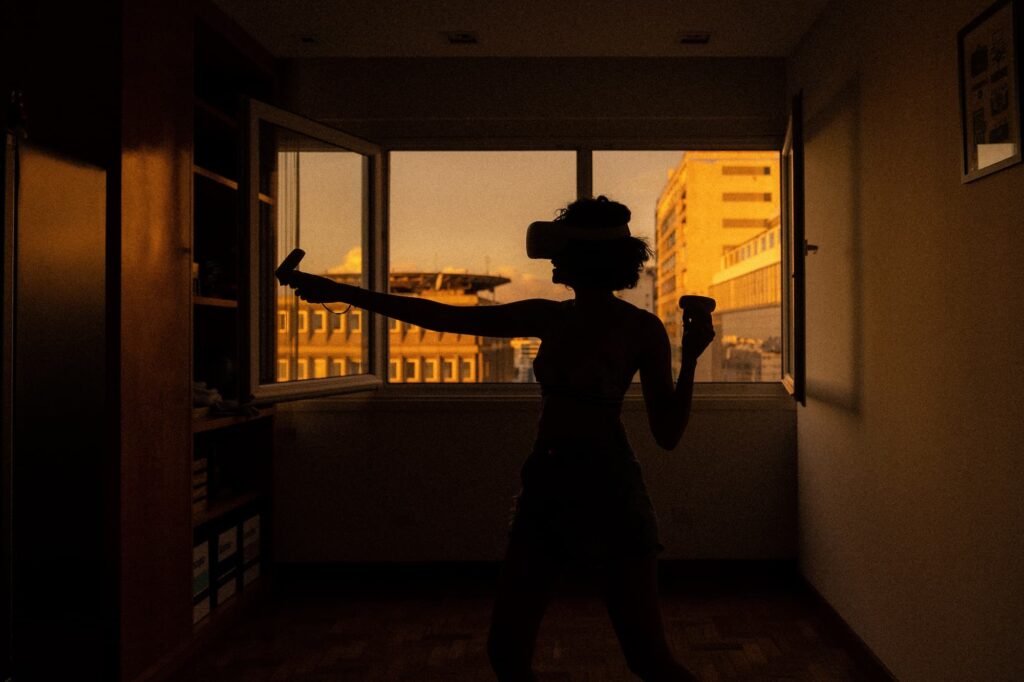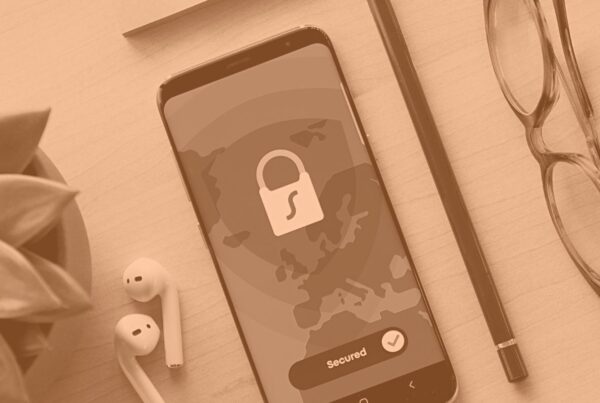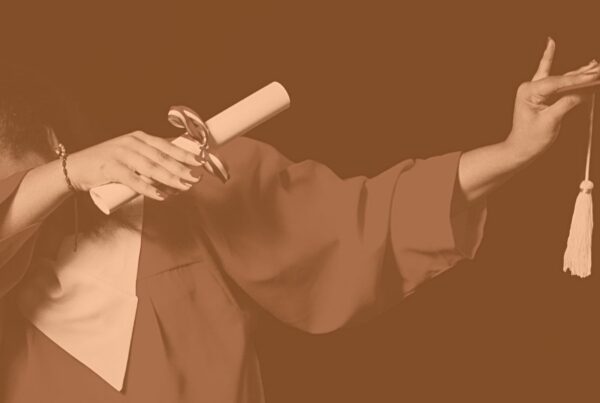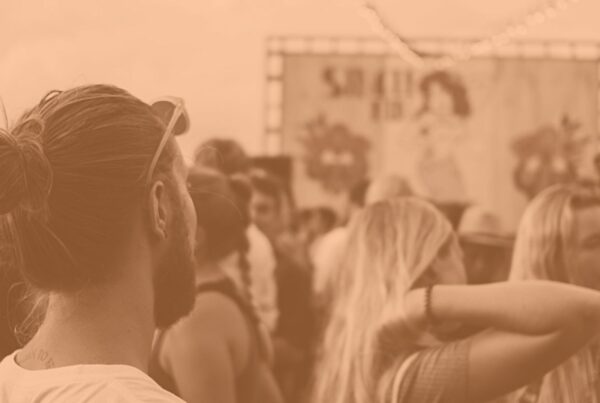While the metaverse is not a fully-fledged event trend just yet, there is no denying that metaverse events will become increasingly more popular in the years to come. They might not be the one and only future of events, but event planners should nonetheless keep their pulse on it – and the Brew Crew gives some compelling arguments as to why that is.
It’s not that event planners need to learn how to plan events in the metaverse or else risk staying behind. As Nick emphasizes over and over again, event professionals have a desirable skill set for those who work in the metaverse. After all, the metaverse is about designing immersive, 3D experiences – and so are in-person events.
Tune in to this educational episode about up-and-coming trends: from web 3.0 to using Fortnite as a venue. The Brew Crew explains everything in layperson’s terms and gives the listeners some advice about getting started in the exciting world of futuristic event technology.
Metaverse Events Double Down On Experiences
The metaverse is a huge part of the next generation of the internet, web 3.0. But why should event planners be excited about the notion of metaverse events? For many, it’s just another futuristic trend they cannot wrap their heads around. However, the way Nick sees it, planners have a lot of knowledge and skills that might be valuable in the metaverse.
“Web 3.0 is the first iteration of the internet that is based around experiences – and that should be exciting. Event professionals understand that architecture matters and how to design spaces to make people feel something. Intentionally taking people through a linear space is done with the purpose in order to change behavior. These are the things that event profs all believe in. Metaverse events allow us to take those principles and apply them to a digital experience,” he says.
In-person event planners might have felt lost when the industry was forced to pivot to virtual events, but these types of digital experiences call for in-person skills. “Metaverse is actually the most event-like future that digital events have had. The metaverse is not the enemy of in-person events. In fact, it’s even closer to being valuable to an event professional. Take web 2.0 as a comparison: social media and not being present due to smartphones are antithetical to experience design.”
Relax, Traditional Events Are Here To Stay
Dustin adds that event planners shouldn’t feel threatened by the notion of metaverse events. They are just another player on the market, and not here to take away the experiences event profs have been planning for decades.
“Where the opportunity lays is in new events – not adapting existing events. And that’s where metaverse events can be really successful. We always talk about taking experiences that already exist, such as in-person conferences, and taking them into an AR, digital world. But that’s not what this conversation is about. It’s about what can we create with new technology as opposed to forcing reluctant 55-year-olds to wear headsets.”
Metaverse Events As A Community
Nick mentions another use case for the metaverse. “We’re launching a new product that is based on the idea of persistent 365 community space as opposed to one-off events. This is a place where people would organically be able to create their own opportunities to engage with people. To have programs in the mix and opportunities for spontaneous collaboration. This is where the metaverse is much better than Zoom or event platforms, such as Hopin.”
In the past two years, event planners have been told to think like TV producers. “But as experienced designers, our skills got muted with virtual events. The metaverse will give you the opportunity at probably even less burden and creativity gaps. You can start creating spaces in other worlds or without gravity. There are no limits to storytelling,” adds Nick.
 Event Professionals Have Value For Metaverse Events
Event Professionals Have Value For Metaverse Events
“We should be embracing metaverse events. Will they work for everything? No. Does this mean that every event prof needs to know exactly what metaverse is? No. But we also need to make sure that we are aware of what is out there and how we can use it,” says Dustin.
“I’ve been telling event people that their skills will be useful in this environment, more so than they were in the last iteration of the internet,” says Nick. “Social media was about the aggregation of data. The pillars of the metaverse, on the other hand, are architecture and feeling immersed. When you talk about anything that is in multiple dimensions, or it takes in multiple senses and is about emotional impact and change – those are the words of event professionals.”
In the last few months, Nick talked with metaverse experts from companies, such as Adobe, Google, and Nokia. “When I tell them that I have experience in designing in-person events, they are interested. Everyone else is coming from video games. I’m not important to them because I know about the technologies. They’re much more fascinated with my point of view as someone who understands how to create experiences. Event planners, the people who work in the metaverse need you and the way you think.”
How To Get Started?
“Those kids that are playing Fortnite eventually will become our clients and their expectations are going to be very, very different. And it’s not going to be long before somebody calls you up and says: ‘ I want to plan an event in the metaverse’,” says Dustin.
So what can an average event professional do to get acquainted with changes, such as metaverse events?
Will suggests trying new trends out in a safe space. “If you haven’t ever put a VR headset on, go find someone who has a headset. Play around with it. See what you like and what you don’t like. If you want to see what a concert in Fortnite looks like, ask someone to help you.”
“A good place to start is EXVO. You can also go to Decentraland and play around with it. You can also find someone with a VR headset and play Rec Room. It is a very easy-to-use platform with multiple games inside. It’s very simple, but you’ll get to see what interactions look like.”
“I’m a big fan of Altspace VR in Oculus. I go in there and I just listen in on conversations there. You could just drop into these events that take place. They cover various topics, from money management to building 3D spaces. I like to watch people naturally communicating and telling stories, using spaces that they’ve designed to get their ideas across. It will inspire you to fire up your design mind,” concludes Nick.








